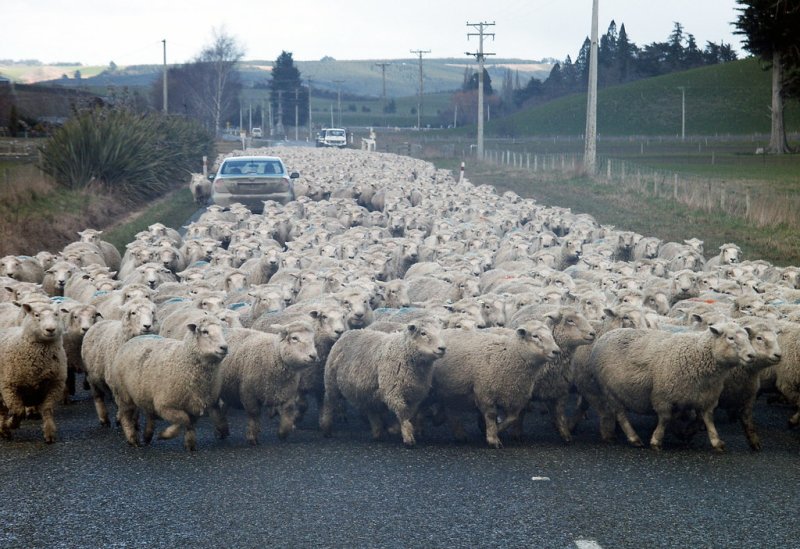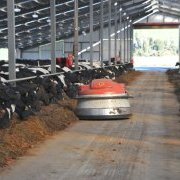
EU-ANZ (EU-Australia & EU-New Zealand)
The European Union (EU), Australia and New Zealand (NZ) started discussing the possibility of negotiating two comprehensive free trade agreements – EU-Australia and EU-New Zealand – in 2015. Following the US’ decision to pull out of the Trans-Pacific Partnership in January 2017, the EU saw a key opportunity to move ahead and strengthen its position in the Asia and Pacific region.
The EU’s trade deal with Canada has often been mentioned as a model for the proposed agreements with Australia and New Zealand. As specified in the EU negotiating directives adopted in 2018 (see here for EU-Australia and here for EU-NZ), the agreements will cover a broad array of topics including trade in goods, trade in services (including digital trade) and investment.
Agriculture is set to be one of the most contentious areas of discussion. Both Australia and New Zealand have an aggressive, export-focused agricultural industry based on extensive, large-scale crop and livestock farms. European meat producers are worried about cheaper meat entering the EU market through these deals. Australian and New Zealand producers, on the other hand, are worried about the EU’s push for its geographical indications scheme that would prevent them from using names such as Feta, Parmesan and Camembert for locally produced cheese.
In New Zealand, the deal has come under fire for promising "more of the same" despite the government’s progressive branding campaign. "We can expect clip-on chapters that promise to help women, indigenous peoples, workers and small and medium enterprises to prosper through trade, alongside cooperation on climate change and sustainability. But the trade rules that generate inequalities, favour the wealthiest transnational corporations, threaten jobs, consume fossil fuels and destroy the environment will remain unchanged," warns activist professor Jane Kelsey.
The agreements will include provisions on regulatory cooperation. The aim is to reduce the differences in regulations between the countries, including on environmental, health and social matters, which are seen by large corporations as “barriers to trade”. Corporations are also pushing to be notified of any new proposed regulation and be granted the opportunity to comment on it so that it will not excessively affect their profits.
The European Commission has indicated its desire to “fast track” the negotiations. To avoid ratification by all the European national and regional parliaments, the controversial investor-state dispute settlement mechanism has been excluded from the agreements, since it has come under heavy criticism from social movements and needs the consent of all EU member states. Hence the agreements will only require the approval of the EU body in order to be ratified on the European side.
In Australia and New Zealand, trade deals are approved by the executives (cabinets). They do not need the parliaments to vote. Yet if changes to national laws are required, then the parliaments will have to vote implementing legislation.
last update: June 2018
Photo: Bernard Spragg/Public domain







